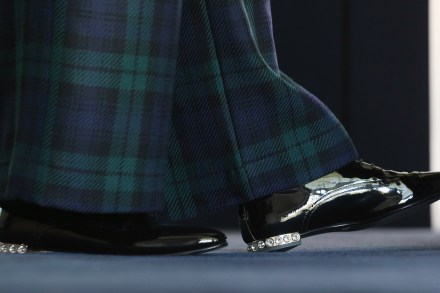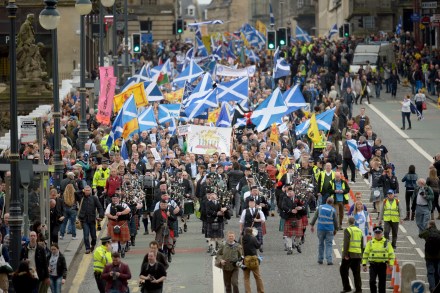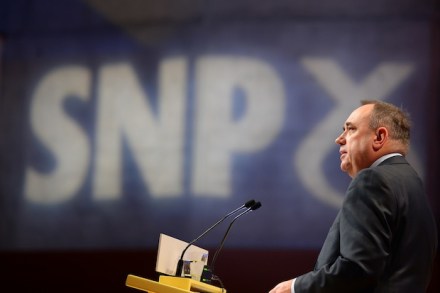Commemorating the First World War is not a festival of British Nationalism
You should never, these days, under-estimate peoples’ ability to be outraged – outraged, I tells you – by the most innocuous event. Never. There are, after all, a depressing number of chippy morons in this country. Even so, I confess to being surprised by the hostility with which plans to commemorate the First World War have been met. At least in some quarters. I had thought, naively it is now clear, this commemoration would be uncontroversial, what with the First World War being, by any reckoning, an episode of some seriousness and consequence. That’s hardly to say that the war’s arguments have been settled. Far from it. Interpreting or understanding




















